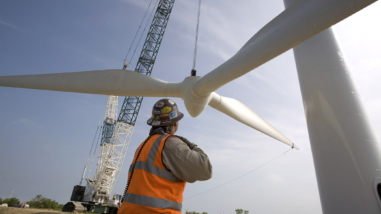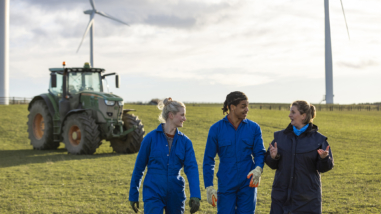Northeast States for Coordinated Air Use Management
For The Climate Registry
-
Amount$200,000
-
Program
-
Date Awarded10/3/2007
-
Term12.0 Months
-
Type of SupportProject
Strategies
About the Grantee
Grantee Website
www.nescaum.org
Grants to this Grantee
for a multistate medium and heavy-duty zero-emission vehicle initiative
The Northeast States for Coordinated Air Use Management (NESCAUM) serves as a technical resource to the air quality and climate programs of several Northeast U.S. states. In this project, NESCAUM will execute a memorandum of understanding among its member states to rapidly advance the electrification of medium- and heavy-duty vehicles. NESCAUM will develop a multistate action plan that will serve as a roadmap through 2025 for freight electrification for each of these states, which, along with California, cover a large portion of U.S. medium- and heavy-duty vehicle market. (Substrategy: Transport Electrification)
for the Endicott House Symposium on Urban Transportation
The Northeast States for Coordinated Air Use Management (NESCAUM) collaborates with governments, nonprofits, and private sector organizations on research, outreach, and demonstration projects to solve clean air issues. We recommend support to NESCAUM's 2011 Endicott House symposium, which will cover "Opportunities for Innovation in Technologies and Policies" in the joint fields of environment, energy, and climate change.
for further development and adoption of a low carbon fuel standard in the Northeast
The Northeast States for Coordinated Air Use Management provides scientific, technical, analytical, and policy support to the air quality and climate programs of the eight Northeast states. In 2011, the group is proposing to take the next step toward state regulation of transportation fuel greenhouse gas emissions by developing a draft model of a low-carbon fuel standard rule for states in the region. The draft model rule would be used by participating state environmental agencies to develop state-by-state LCFS regulations, with the goal of cutting the carbon content of fuels by 10 percent.



